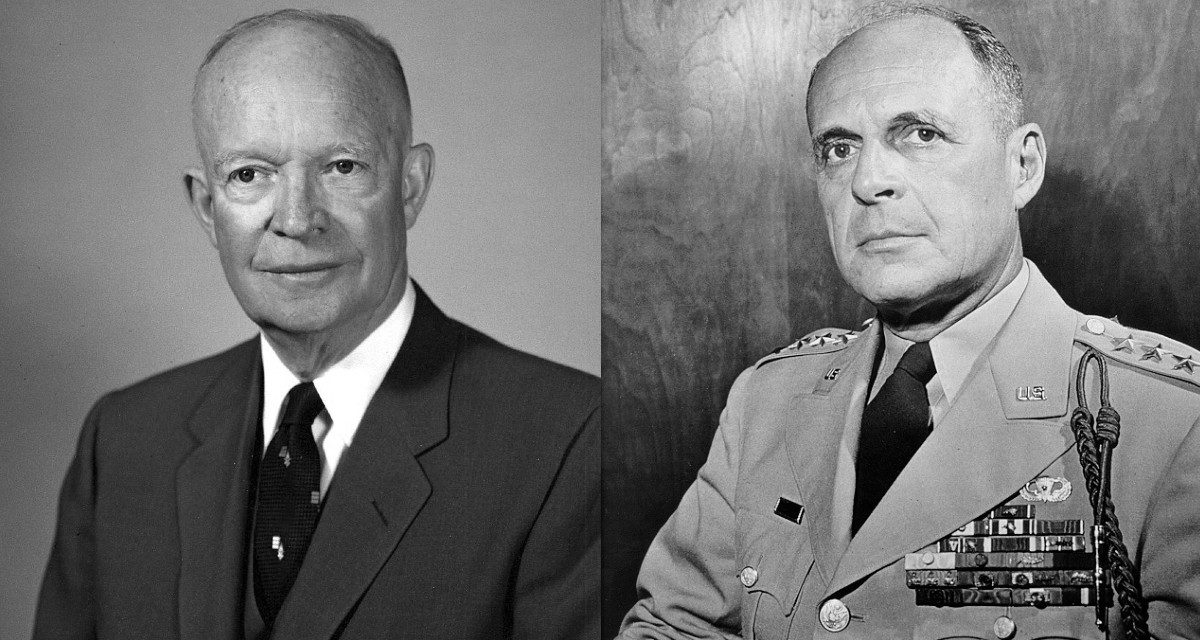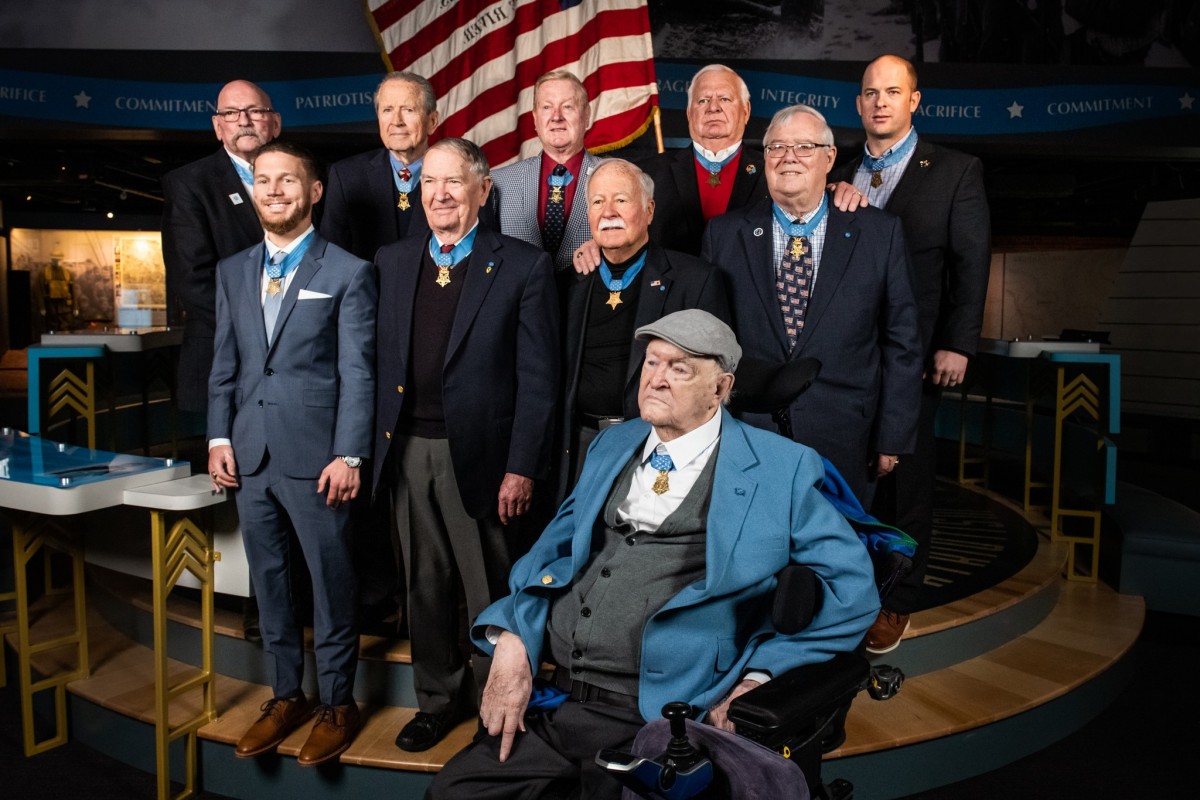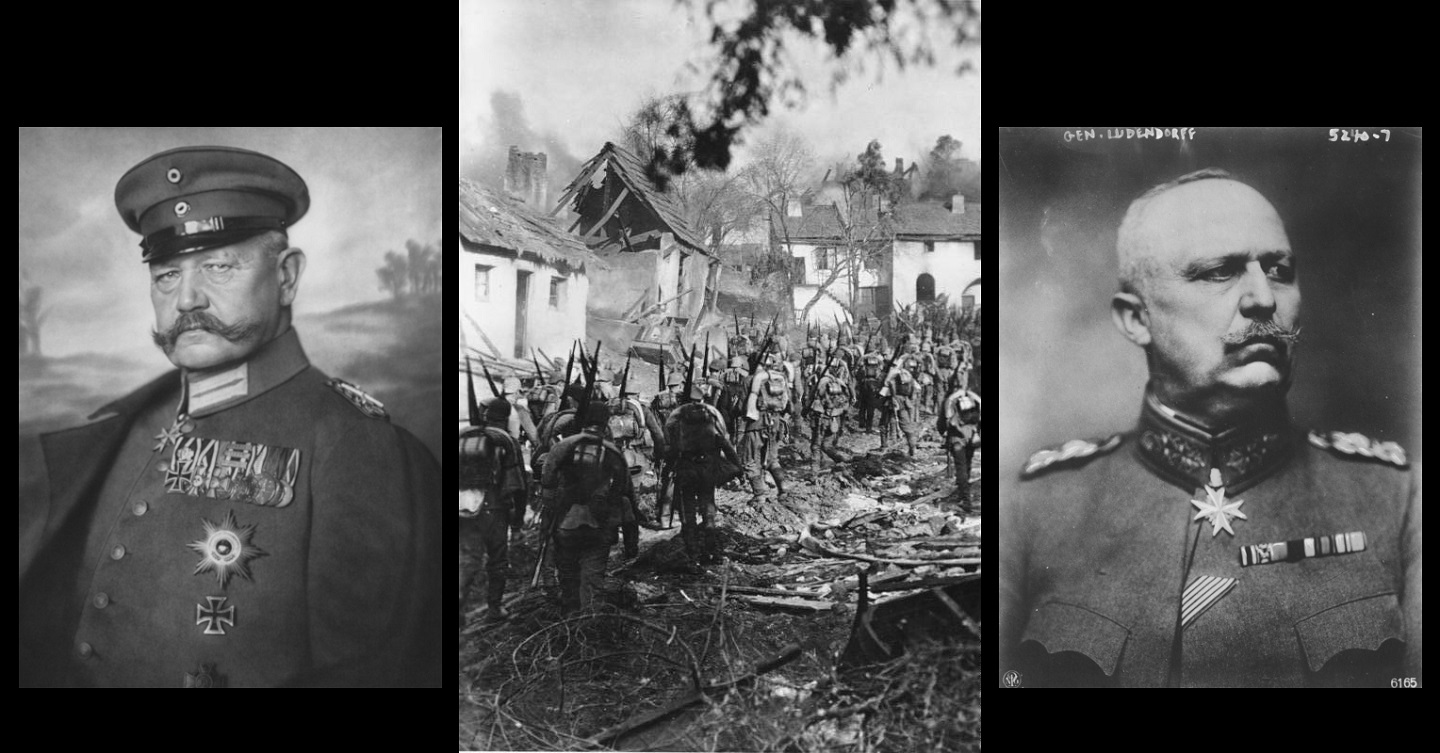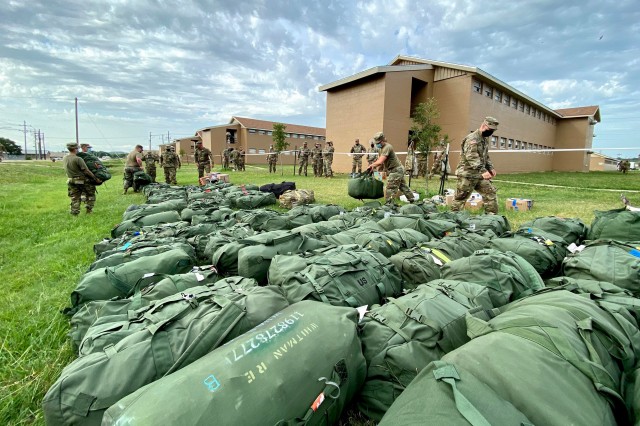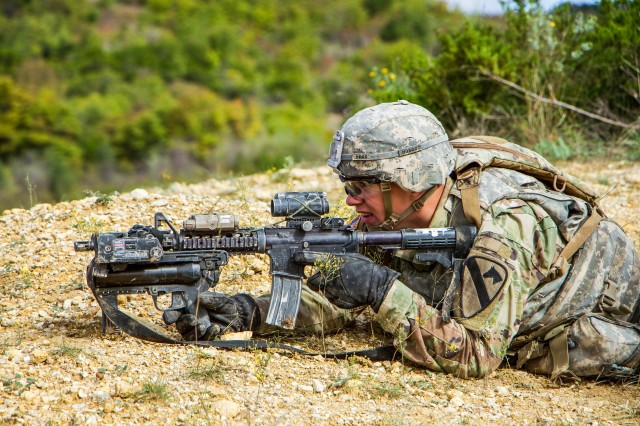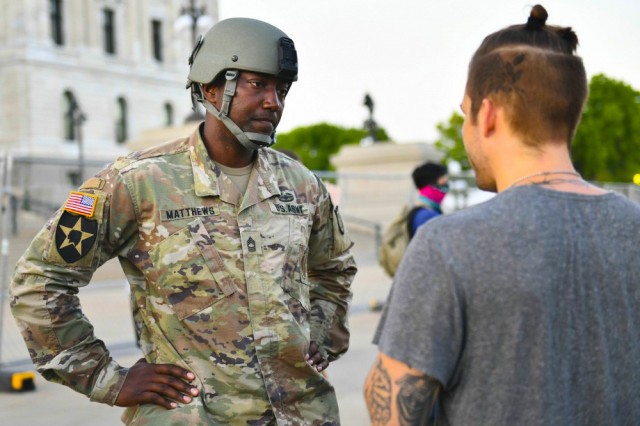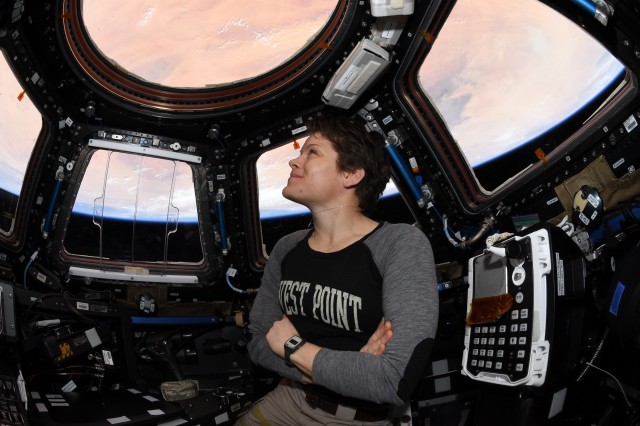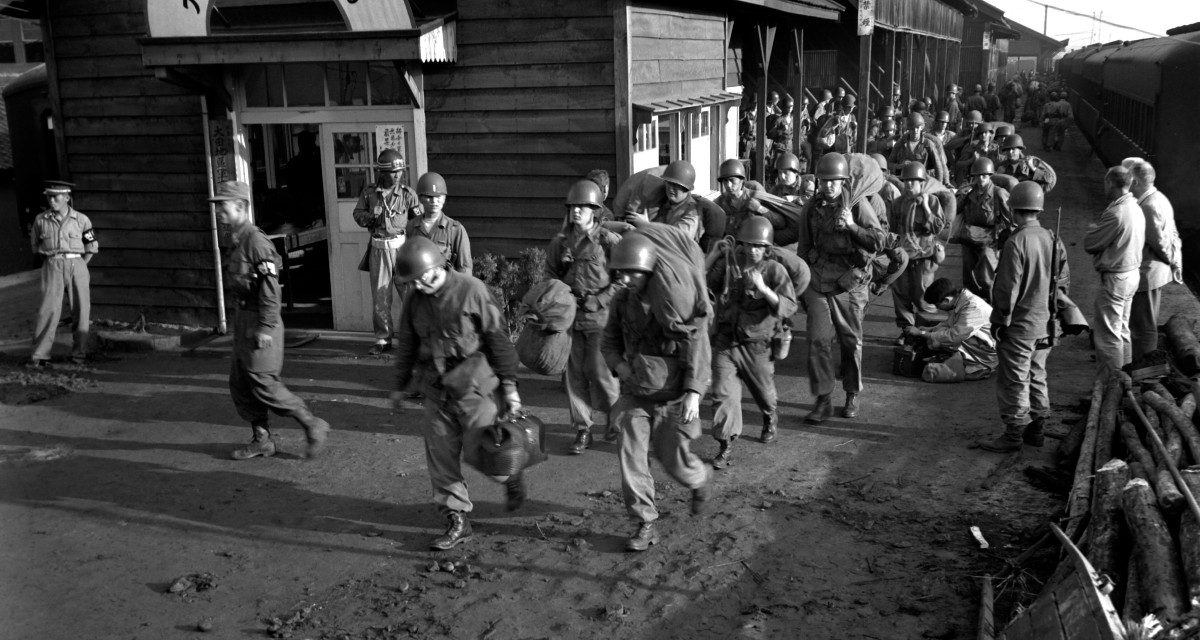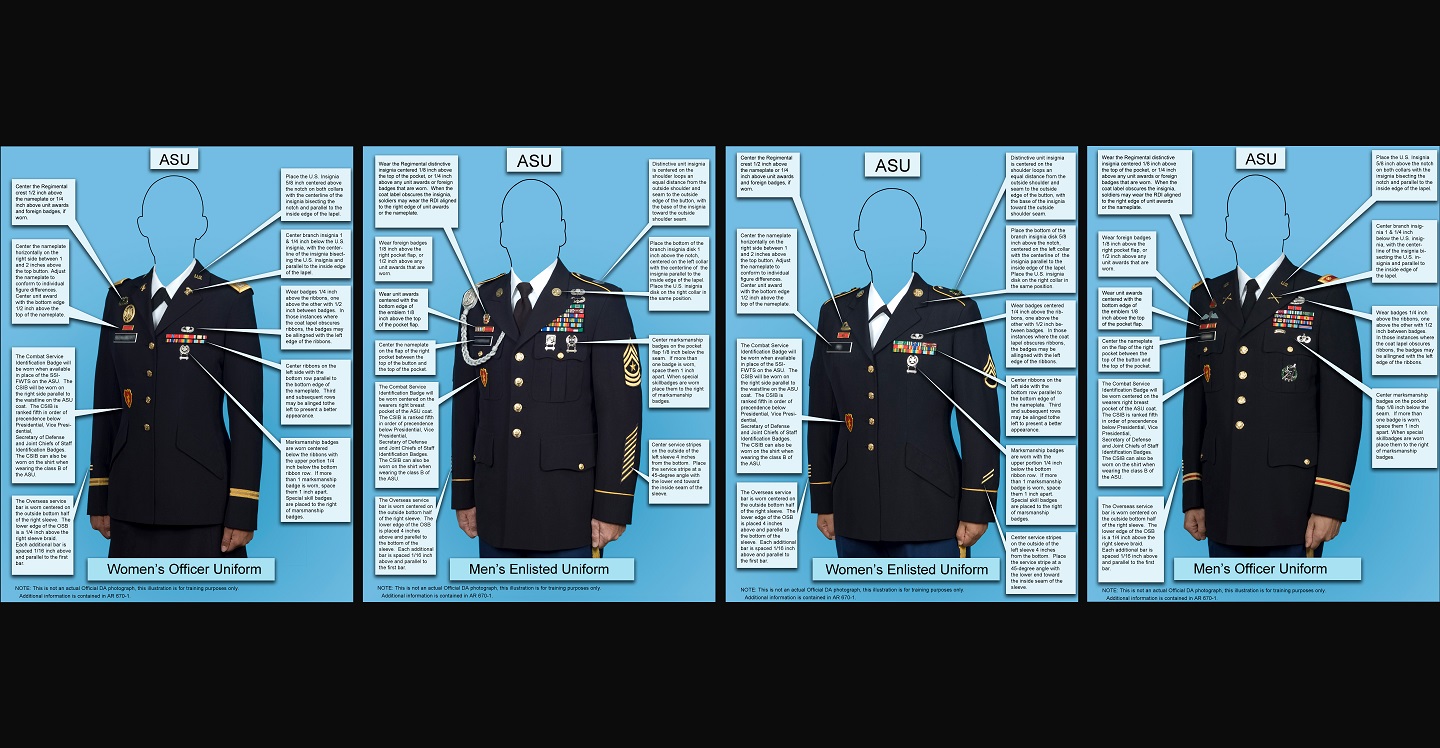The Role of MILITARY HISTORY in the CONTEMPORARY ACADEMY
[Source: “The Roleof Military History in the
Contemporary Academy”, Army History, PB 20-15-3 (No. 96) Washington, D.C, Summer 2020.]
Resorting to war signals the failure of far more satisfactory means of settling human conflicts. It forces us to face and wrestle with the darkest corners of the human psyche. It signals the coming of trauma and suffering—often intense and prolonged—for individuals, families, and societies. War fighting concentrates power in nondemocratic ways, infringes upon civil liberties, and convulses political, economic, and social systems. From the wreckage—the broken bodies, the redrawn boundaries, the imperfect treaties, the fresh resentments, and the intensified old ones—altered political and social patterns and institutions emerge that may help to prevent future conflicts, or sow the seeds of new ones. All of this creates a difficult, complicated, and fraught historical landscape to traverse.
Though the study of war is demanding, both intellectually and emotionally, we cannot afford to eschew it. Examining the origins of wars informs us about human behavior: the way that we create notions of identity, nationality, and territoriality; the way that we process and filter information; and the way that we elevate fear and aggression over reason. Analyzing the nature of war informs us about the psychology of humans under stress: the patterns of communication and miscommunication within and across groups, the causes of escalation, and the dynamics of political and social behavior within nations and across populations. Studying the consequences of wars helps us to understand human resilience, resignation, and resentment; we learn to identify unresolved issues that may lead to further strife and we develop a heightened ability for comprehending the elements of political behavior that can lead to sustainable resolution and the rebuilding of broken—indeed sometimes shattered—social, political, and economic structures and relationships.
Research in military history not only informs and enriches the discipline of history, but also a host of other fields including political science, sociology, and public policy. Students need this knowledge in order to become knowledgeable, thoughtful citizens. If the role of a liberal education is to hone analytical thinking skills and prepare young people to accept their full responsibilities in a democratic society, then it is more imperative than ever that we prepare our students to think critically and wisely about issues of war and peace. Among its many roles, scholarship has a civic function: it facilitates our understanding of the institutions we have created and opens a debate on their purpose and function.1
1. Walter McDougall, Professor of History at the University of Pennsylvania, makes this point powerfully in a short essay for the Foreign Policy Research Institute entitled “The Three Reasons We Teach History,” Footnotes 5, no. 1 (February 1998). See www.fpri.org/footnotes.






